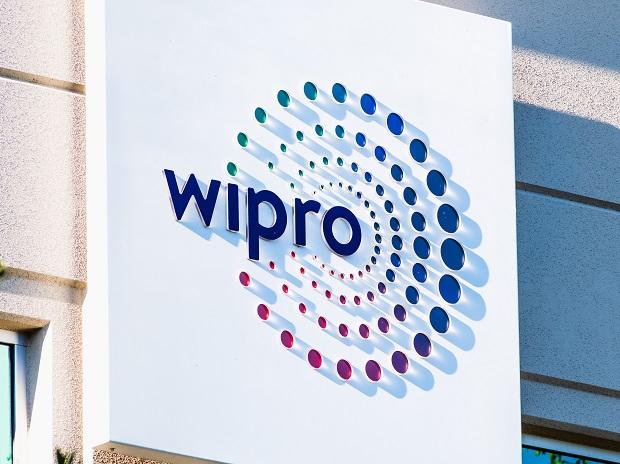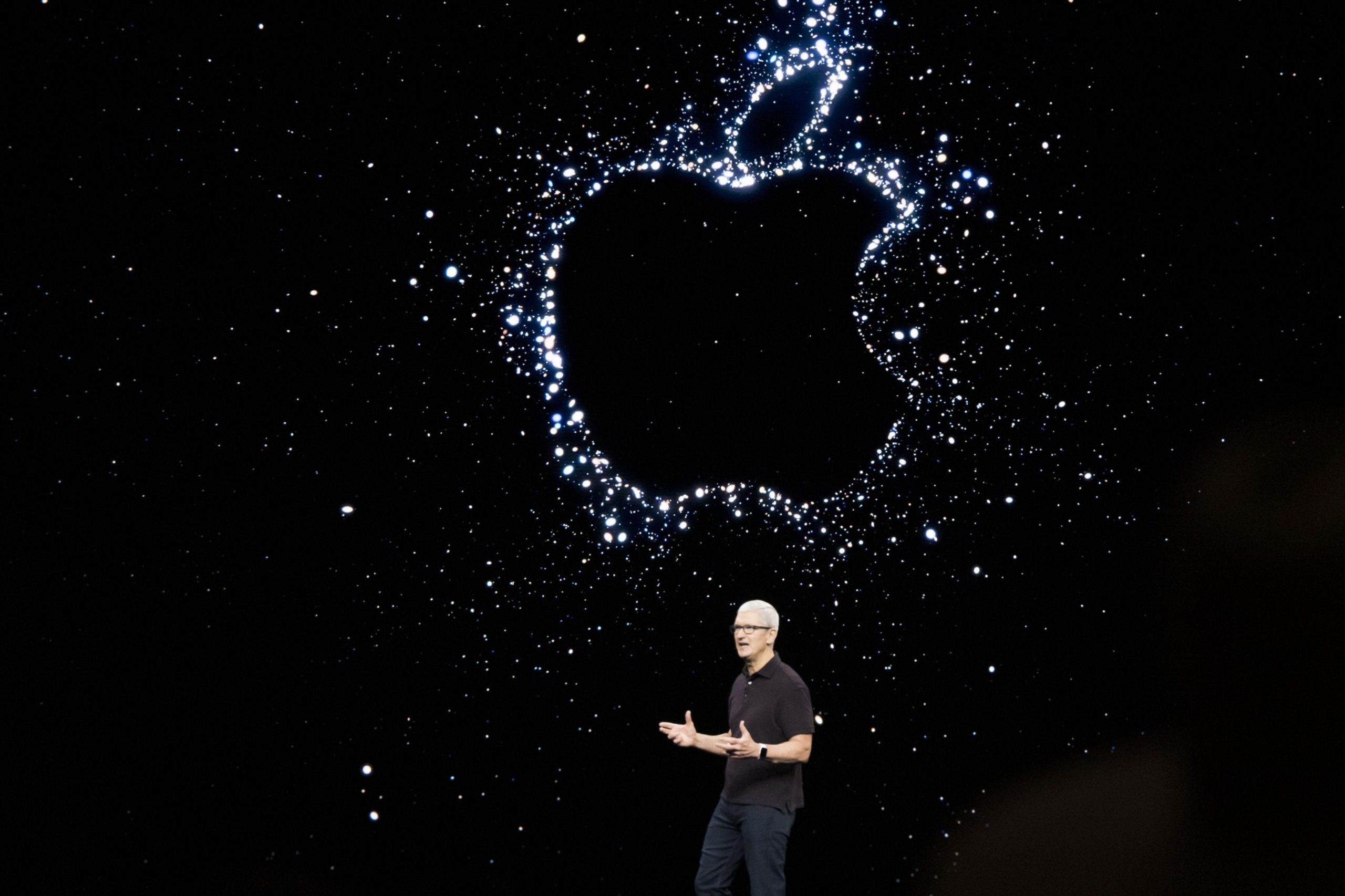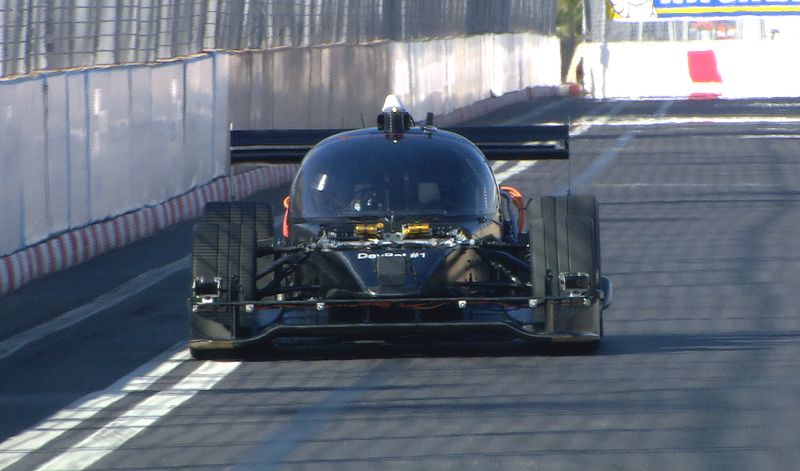IT giant Wipro has inaugurated a new centre of excellence (CoE) focused on generative artificial intelligence (GenAI), in collaboration with the Indian Institute of Technology (IIT) Delhi. This partnership aligns with Wipro’s pledge to invest $1 billion in propelling AI-led innovation, forming part of the Wipro ai360 ecosystem.
Situated within the Yardi School of Artificial Intelligence at IIT Delhi, the Wipro CoE on GenAI will bolster foundational and applied research, cultivate talent, and advance the field’s state of the art.
“We are thrilled to partner with IIT Delhi to spur accelerated innovation in some of the most promising emerging areas of technology,” expressed Subha Tatavarti, chief technology officer at Wipro. “This collaboration will not only elevate our research and development capabilities in burgeoning fields such as GenAI but will also link us with a talent pool that can assist us in crafting advanced solutions to tackle current and future business challenges.”
Serving as a hub for research and development, the CoE will unite Wipro researchers with IIT Delhi’s faculty members and graduate students, focusing on real-world problems on a large scale. Teams at the Wipro CoE will collaborate to develop pioneering solutions utilising AI, machine learning, and related technologies.
IT services companies are placing significant bets on GenAI, as numerous large digital transformation deals are being propelled by this emerging technology. Wipro has also recently launched an 8-week accelerator programme targeting GenAI startups across India and Silicon Valley in the United States.
Ajay Chander, head of Research & Development at Wipro, said, “Collaborating with the eminent and multidisciplinary faculty at IIT Delhi and its research partner ecosystem will aid us in realising our vision of ‘engineered prosperity’ more swiftly.”
Professor Mausam, who heads the Yardi School of AI at IIT Delhi, remarked that students would obtain valuable insights into industry-relevant issues today. He believes the partnership will result in a “win-win” situation for all parties involved, substantially contributing to India’s progress in new technological domains.
Note:- (Not all news on the site expresses the point of view of the site, but we transmit this news automatically and translate it through programmatic technology on the site and not from a human editor. The content is auto-generated from a syndicated feed.))



